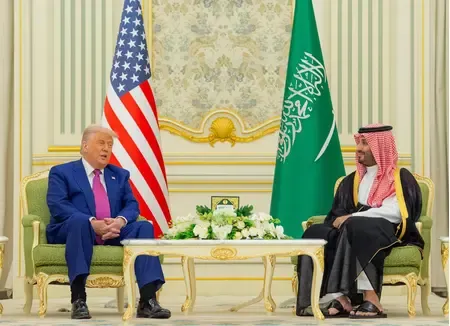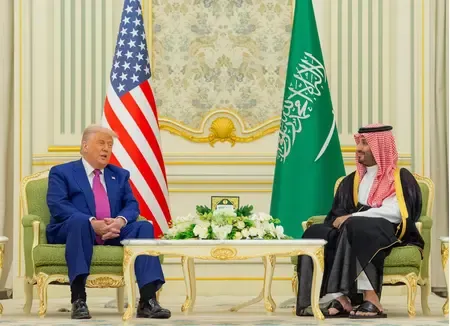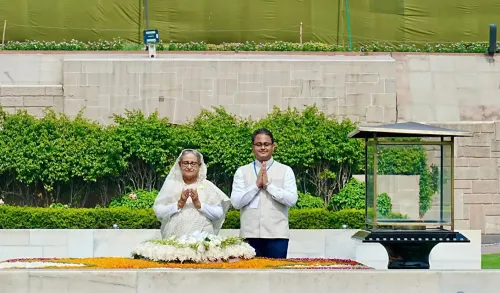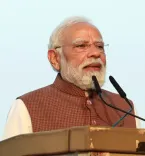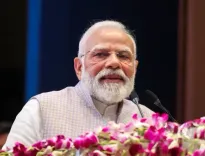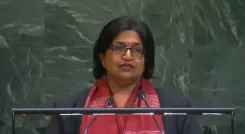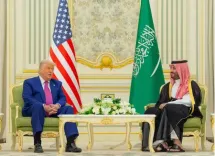Why Does India Call the UNSC Reform Talks a ‘Theatre of the Absurd’?
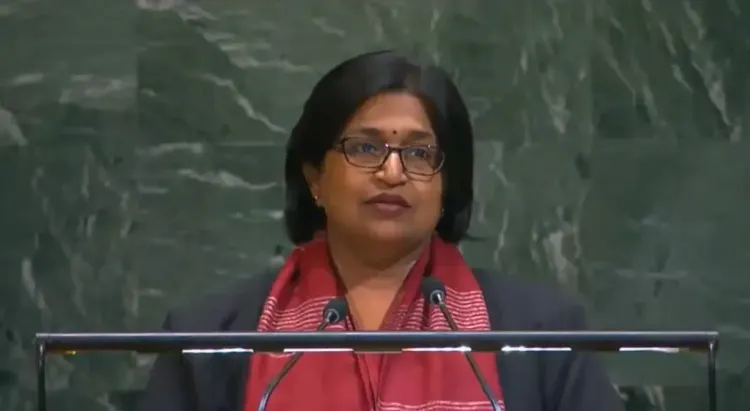
Synopsis
Key Takeaways
- India criticizes the current UNSC reform talks as ineffective.
- Calls for text-based negotiations to enhance progress.
- The IGN is currently led by new co-chairs.
- Obstruction by the United for Consensus group hampers reform.
- Inclusivity for African nations is crucial for the UNSC's legitimacy.
United Nations, Nov 19 (NationPress) India has labeled the prolonged negotiations regarding the reform of the Security Council as “theatre of the absurd”, urging for a productive strategy that embraces a text to advance the stalled discussions.
“Over the past 17 years since the initiation of the Intergovernmental Negotiations (IGN) format, it has devolved into a mere theatrical performance,” stated India’s Deputy Permanent Representative Yojna Patel during a General Assembly meeting focused on the Council's reform.
Patel expressed that member nations are ensnared in a continuous loop of dialogues and declarations that yield no results.
To restore credibility to the reform agenda, India emphasizes the urgent need for text-based negotiations accompanied by clear milestones and timelines.
She urged for “introspection and soul searching” to comprehend the reasons behind the stagnation of the reform process.
“Are we genuinely willing to pursue tangible advancements, or are we destined, much like Sisyphus, to remain ensnared in this perpetual cycle indefinitely?” she posed.
Patel expressed optimism that the newly appointed co-chairs of the IGN would facilitate the discussions towards meaningful outcomes in the current session.
Assembly President Annalena Baerbock has designated Permanent Representatives Tareq M. A. M. AlBanai of Kuwait and Lise Gregoire-van Haaren of the Netherlands to serve as co-chairs of the IGN.
Progress within the IGN is hindered by a select group of nations labeling themselves as United for Consensus (UfC), which employs procedural tactics to obstruct the endorsement of a negotiating text that would delineate discussion parameters and monitor progress, thus relegating the process to a Sisyphean fate, as per Patel.
The primary aim of the group, led by Italy and including Pakistan, is to thwart the inclusion of new permanent members in the Council.
“Despite calls for patience and consensus-building, when wielded as a veto under a different guise, consensus becomes an instrument of obstruction rather than inclusion,” Patel stated.
She argued that the Council should incorporate permanent members to rectify the historical injustices ingrained in its structure, particularly for African nations, and not solely for non-permanent members.
Patel criticized proposals aimed at allocating seats for members of the Organisation of Islamic Cooperation (OIC).
While India endorses the representation of small island developing states in a reformed Council, she remarked that “similar claims from other cross-regional groups like the OIC are not comparable.”
“Faith should not serve as the basis for Council entitlement,” she added.
India, Brazil, Germany, and Japan form the G4, a coalition advocating for the expansion of the Council's permanent membership and mutually supporting one another for seats in a reformed Council.
On behalf of the G4, Brazil’s Permanent Representative Sergio Franca Danese remarked that the prevalent sentiment regarding the UN is that “it is ineffective and faces significant challenges.”
Consequently, he asserted, “Reform is not merely an option; it is a necessity.”
“We must transition from merely discussing to actively negotiating,” he concluded.


